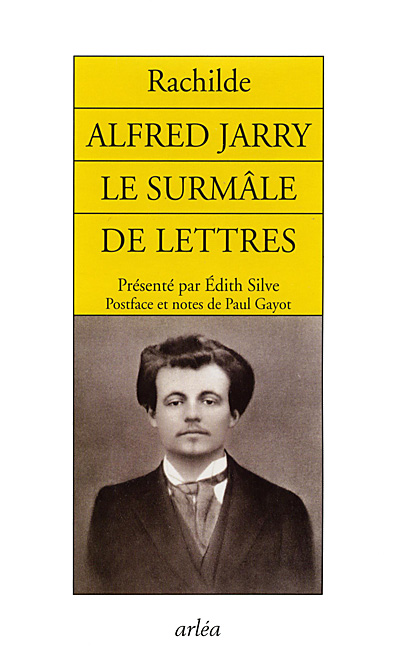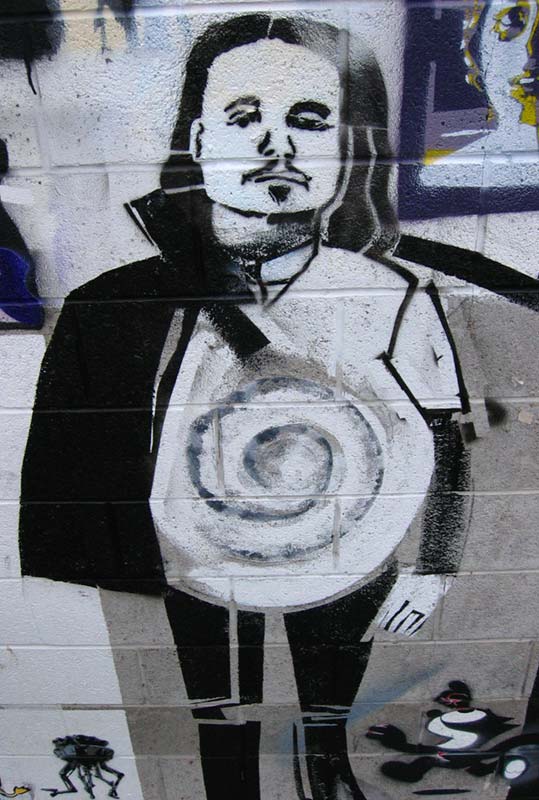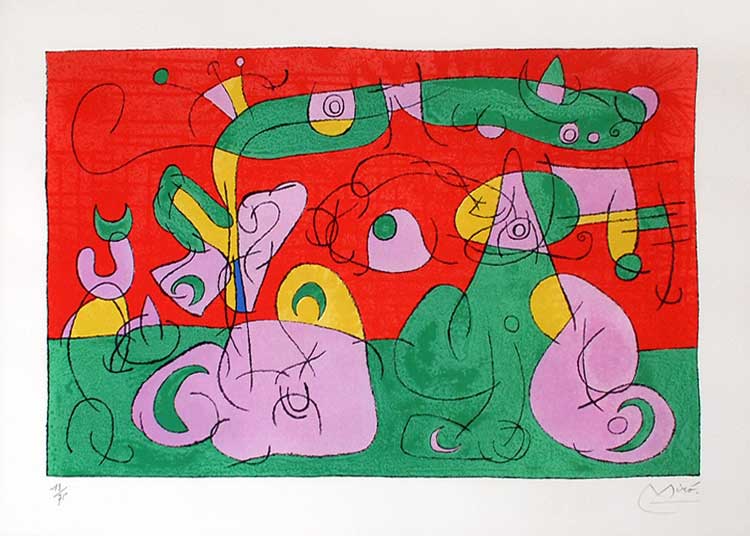”The problem, he argues, is the nearly psychotic need to satisfy every human craving. It infects every aspect of American life, from the loss of cultural nuance to the growth of pornography to spending beyond one’s means.”
‘The danger of a country such as mine, which lives in a state of illusion, is that you live in a state of perpetual infantilism, ‘ he said. ‘And as that chasm opens up between the reality that’s happening to you, as you’re being foreclosed on, your credit cards are being shredded and you can no longer borrow to maintain the lifestyle you’re accustomed to, you react as a child would react: search for demagogues or saviours who promise moral renewal or revenge.’ ”
Empire of Illusion: The End of Illusion and the Triumph of Spectacle is the new book of Chris Hedges, American author and Pulitzer Prize winner. Culturally and artistically, the theme of illusion is pulled apart and reconstructed to detail how the imaginary and fantastic can affect our perceptions in radical and negative ways leading the society as a whole into a sticky morass. Literacy, Love, Wisdom and Happiness are replaced by derivatives which are not easily understood and portend by nature,to the superficialial and material. Effectively, its a version of Orwell’s 1984 or Anthony Burgess’s Clockwork Orange where existence is surreal and there is rampant commodification of the intangible and abstract in our lives.
Hedge’s 11th hour alarm is like the ringingof an alarm clock on time warp since many of these issues have been raised by Guy Debord and his ”Society of the Spectacle” almost 50 years ago. Though flavoured with Marxist ideology, there are parts which both conform to and confirm Hedge’s assertions on some levels:
35
In the spectacle’s basic practice of incorporating into itself all the fluid aspects of human activity so as to possess them in a congealed form, and of inverting living values into purely abstract values, we recognize our old enemy the commodity, which seems at first glance so trivial and obvious, yet which is actually so complex and full of metaphysical subtleties.
36
The fetishism of the commodity — the domination of society by “intangible as well as tangible things” — attains its ultimate fulfillment in the spectacle, where the real world is replaced by a selection of images which are projected above it, yet which at the same t
succeed in making themselves regarded as the epitome of reality.
37
The world at once present and absent that the spectacle holds up to view is the world of the commodity dominating all living experience. The world of the commodity is thus shown for what it is, because its development is identical to people’s estrangement from each other and from everything they produce.
The anti-spectacle. The protagonist and anti-protagonist that Hedges can’t quite seem to summon the will to invite through the door for some booze, would be none other than French writer Alfred Jarry, the playwright and author of the absurd par excellence. His ”’pataphysics approach to art attacked existing moral and aesthetic values and reduced them to rubble then dispatched them to a crazy never-never land. ” We won’t have destroyed anything unless we destroy the ruins too”.
Eccentric, and teeming with affectations, Jarry ( 1873-1907 b. Laval,France ) would be the coherent prescription, the logical conclusion after Hedges diagnosis of our cultural ills. An antidote that would reduce a malignant and large brain tumor of ego attached to the post-modern world’s cerebral cortex. ” The act of love is of no importance, since it can be performed indefinitely, ”wrote Jarry at the beginning of La Surale (1902).
Though a midget, his presence was huge. Jarry had taste for absinthe, he lived in a bizarre apartment where each floor had been cut horizontally in half to make double the original number of floors. …Until his death at the age of thirty-four, Jarry was a familiar figure stalking the streets of Paris with his green umbrella, symbol in King Ubu of middle-class power, and wearing the cyclist’s garb and carrying two pistols. According to an anecdote, once he was asked for a light in the street and discharged a pistol shot (un feu).
A spirit undiluted by cunning or power was Jarry’s King Ube, and his other shockingly dehumanized characters acting like puppets serve as backdrop to the cultural armageddon Hedges refers to.
‘Pataphysics – the initial apostrophe was deliberate – mixed science, science fiction, technology and art. Jarry defined it as the science of imaginary solutions, “which will examine the laws governing exceptions, and will explain the universe supplementary to this one.”
Jack Napier ( Billboard Liberation Front ): ”. When a young mother fearing that her small, rambunctious children might be shot accidentally, complained to her next door neighbor, Alfred Jarry, about discharging firearms in the backyard of his suburban Parisian house, he brushes aside her concern by stating: should one of the ragamuffins catch a bullet and die that he, Alfred Jarry would effortlessly reconstitute the child through means Pataphysical.
I’ve always identified with Mr. Jarry. Nowadays, interest in the history of Gay 90s Parisian alcoholic playwright and hooligan is to be found mostly with young students upon their first encountering stories of his antics and reading his brutal, sketchy, and sometimes quasi-pornographic plays and stories. For some reason, most older folks no longer find Jarry’s self-absorbed shenanigans to be as amusing and they’ve moved on to more serious art and culture models. These models while claiming to lay bare the inner meaning of (?), in point of fact, actually obscure all by explicating themselves in terms that are so intricate, intellectually dense and inscrutable that the average educated layman could never in a million years decipher the holy texts that support and define these epochal art and philosophy theories. (structuralism, post-structuralism, deconstructionism, situationism, etc. ad nausem) .
As for the Situationists, be entirely fair, I must say I admire some of the tenants that DeBord and Co. made their reputations on. It’s just that I relate more directly to the childish and possibly inscrutable antics of Jarry. Not only did he never really attempt to lay out his “philosophy” in prose, he didn’t need to. Stories and myths about Jarry, bolstered by the impenetrable CLARITY of his writings and the completely opaque yet airily illuminating philosophy of Pataphysics have insured that his memory and how he both viewed and moved through the world continue to be an inspiration for the young, students and irresponsible old people for years to come.
”In May of 2007 I went to L.A. to debate Sam Harris, and then two days later I went to San Francisco to debate Christopher Hitchens. Up until that point, I hadn’t paid much attention to the work of the New Atheists. After reading what they had written and walking away from these debates, I was appalled at how what they had done for the secular left was to embrace the same kind of bigotry and chauvinism and intolerance that marks the radical Christian right. I found that in many ways they were little more than secular fundamentalists.” ( Chris Hedges, author, I Don’t Believe in Atheists )










 COMMENTS
COMMENTS




appealing answers i like it
thanks for reading and taking the time to reply. It was a good posting.